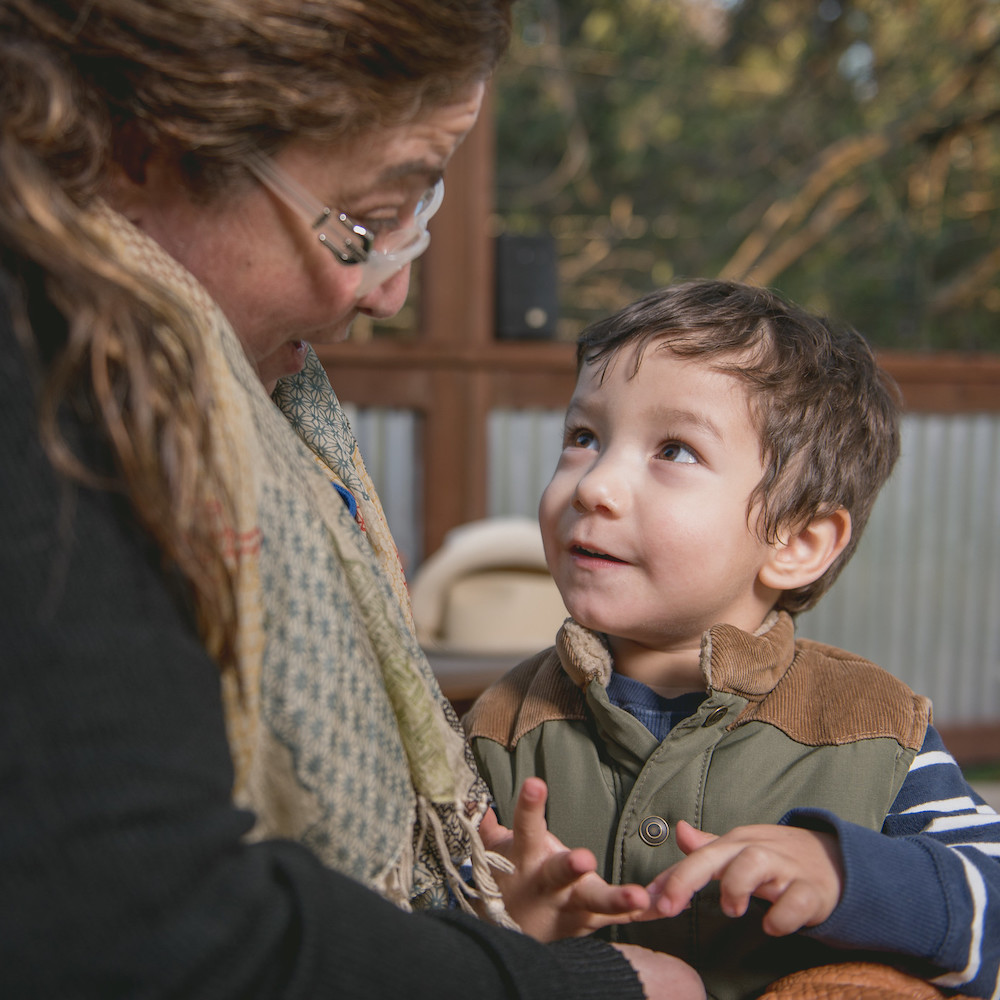Even after a lifetime of knowing something was wrong, it wasn’t until my father was completely estranged from his family (including his children), self-medicating heavily and facing times of homelessness and arrests that he was finally diagnosed with Post Traumatic Stress Disorder (PTSD).
When my father was growing up in the 1950s and ’60s there weren’t ways to express what he was going through. In his family and community at that time, there wasn’t language to describe mental health, nor did that language exist in the Army when he joined as a young man. One didn’t pry into what was going on in the home; you toughed it out, and there wasn’t space to talk about or show emotions. This contributed to my father going decades without getting treatment for the PTSD that was a result of his service during the Vietnam War but also related to his adverse childhood experiences (ACEs) of child abuse and parental death.
I still wonder what might have been if my father had gotten help early. What if someone noticed that his troubling behavior as a child was a coping mechanism? What if he was linked to quality services when his PTSD symptoms first appeared? Would he have been able to actively participate in life? What type of pain could have been avoided, not just for him but for his loved ones? Would he still be alive?
As a developmental psychologist and Program Officer working in the Health Systems department at First 5 LA, I know that the earlier children are identified and connected to services and resources, the greater their outcomes. As it is, children are not being referred and connected to the appropriate early intervention services for mental and developmental health. This is for a variety of reasons, with one being ineffective parent outreach and engagement. While part of the equation is ensuring that we have the resources to provide treatment, another part is educating teachers, leaders, parents and advocates on what it means to be “trauma-informed,” in order to change attitudes and perceptions around mental health and behavior. This is especially important with young children, whose self-perceptions are rapidly being shaped by their experiences. At its core, being trauma-informed shifts from asking, “What is wrong with you?” to “What happened to you?” I’m not sure if my father ever had anyone ask that of him.
And while there has been a generational shift with many gains in terms of access to and quality of mental health services, there is still room to grow in these areas, both in further normalizing mental health treatment and in addressing trauma head-on.
One of the ways that we can change social attitudes and perceptions is to identify the impact that rhetoric has on mental health and stigmatization. A recent example is the epidemic of mass shootings that are becoming a national public-health crisis. Like many people, this news causes me anxiety and frustration. It also hurts my soul that for decades some have simplified this complex issue by labeling mental health as the main culprit. I worry that in the aftermath of a mass shooting the vitriolic language directed towards those with mental health illnesses leads to parents and caregivers refusing services, because of a fear that their child will be labeled.
Having worked in the mental health field for several years, I know the damage this causes. In focus groups and at community meetings, I have heard from those receiving mental health services how they have been dismissed by their family, friends and professionals when they seek help for a non-mental-health issue or complaint, such as a physical injury. They report being told that it must be “all in your head.” One in four people have a mental health illness within their lifetimes but it is not something that is often disclosed, due to the fear of being labeled as “crazy,” “dangerous” or a “monster.” This results in them becoming further alienated from their community. Simply put, all this prevents people from asking for help.
Language is a powerful structure. When individuals, communities and families have an appropriate means of communicating about and understanding mental health, we move closer to a society in which taking care of one’s mental health is normalized, thus avoiding outcomes like my father’s and those of others who have suffered as a result of not getting the help they need. Through our Trauma and Resilience-Informed Systems Change strategy, First 5 LA is actively working towards developing better, more responsive systems that will be fully integrated into policies, procedures and practices, as well as, ultimately, our social and cultural norms.
I don’t want us to regress in how we talk about mental health. It is damaging if the national discourse suggests that mental health is the cause of tragic events. I hope that by sharing this part of my family’s story I am contributing to normalizing mental health. By sharing these stories, we are taking a step towards changing attitudes that could enable more people to seek help, ultimately ending the cycle of trauma that some families experience.








